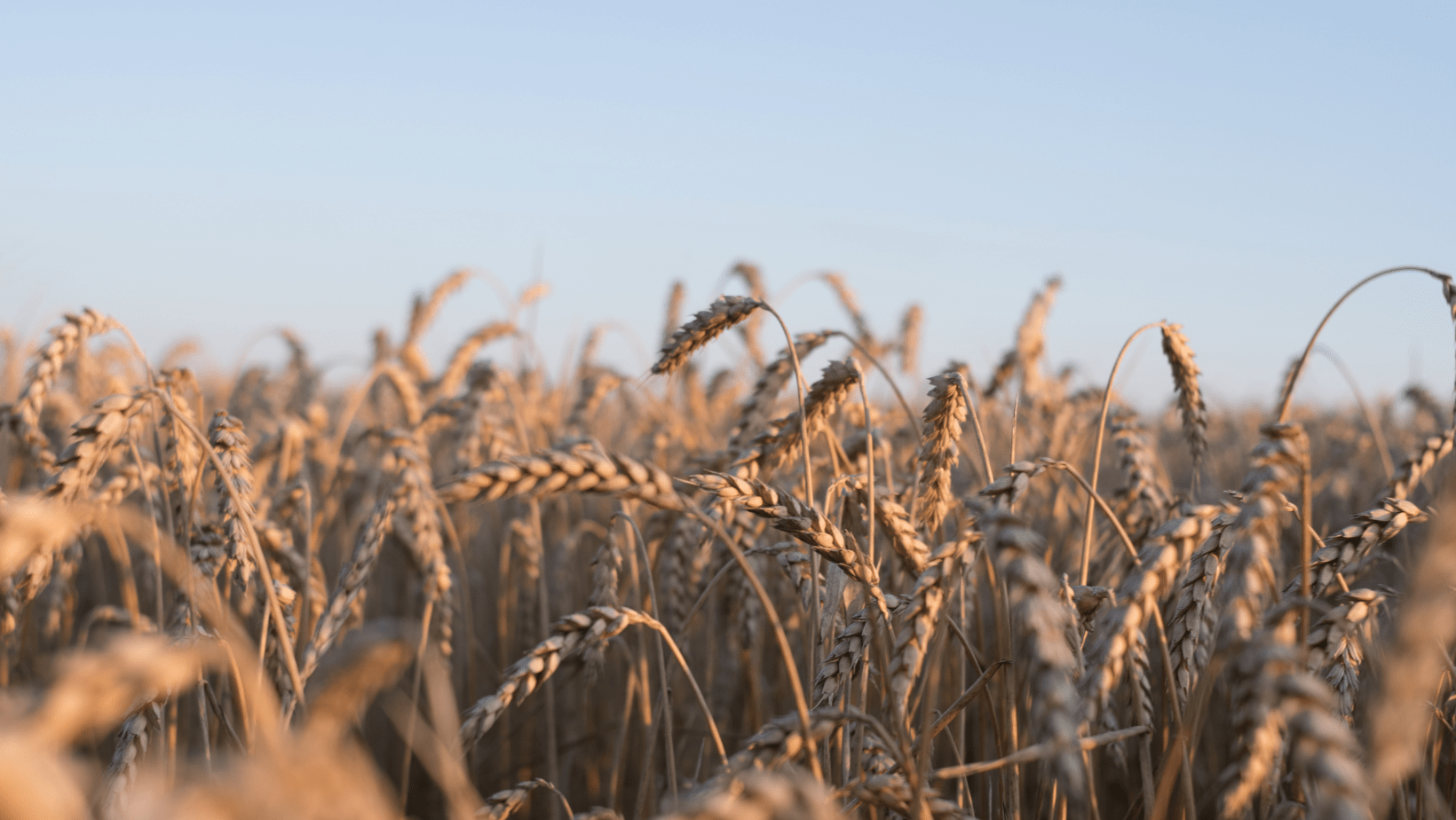Harvest
How can economics help us understand environmental problems and design better policies to solve them?
To solve environmental problems – pollution, climate change, congestion, overuse of natural resources -- we must understand the incentives and decisions that create them. This community engages you in an active exploration of the relation between economics, the environment, and policy. Through class activities, teamwork, data analysis and debates on important contemporary and controversial environmental issues you will learn to think critically about what causes environmental problems, how we can measure their impacts, and how we can design better policies to improve environmental quality.
You can expect to:
- identify important environmental policy issues of the day
- evaluate the role of incentives in creating environmental problems
- demonstrate how economics can be used to estimate environmental impacts and help design better environmental policies
- use data and evidence to analyze important, contemporary environmental problems
develop strategies to communicate different sides of controversial environmental issues
Community Course
AREC241 Environment, Economics and Policy (4 Credits)
Studies the relationship between the economy, environment and policy. Causes of modern environmental problems and policies to address them. Importance of production, consumption, externalities, property rights and public goods in environmental issues. Technological and incentive-based solutions to environmental problems. (4 credit course, fulfills General Education requirement of I-Series and Distributive Studies History and Social Science)
Carillon Faculty
Lars Olson is Professor of Agricultural and Resource Economics where he currently serves as Director of Undergraduate Studies  and has previously served as Department Chair and Director of Graduate Studies. He is the founding faculty of the interdisciplinary Global Poverty Minor, the Sustainability Analytics First-Year Innovation and Research Experience, and he was a Lead Faculty Fellow, University Honors and co-founder of the Information and Power Honors Cluster at UMD. Professor Olson received the College of Agriculture and Natural Resources 2020 Dean Gordon Cairns Award for Distinguished Creative Work and Teaching in Agriculture. His research focuses on the economics and policy of natural and environmental resource allocation over time and under uncertainty with a current focus on problems related to the economics of invasive species management.
and has previously served as Department Chair and Director of Graduate Studies. He is the founding faculty of the interdisciplinary Global Poverty Minor, the Sustainability Analytics First-Year Innovation and Research Experience, and he was a Lead Faculty Fellow, University Honors and co-founder of the Information and Power Honors Cluster at UMD. Professor Olson received the College of Agriculture and Natural Resources 2020 Dean Gordon Cairns Award for Distinguished Creative Work and Teaching in Agriculture. His research focuses on the economics and policy of natural and environmental resource allocation over time and under uncertainty with a current focus on problems related to the economics of invasive species management.

